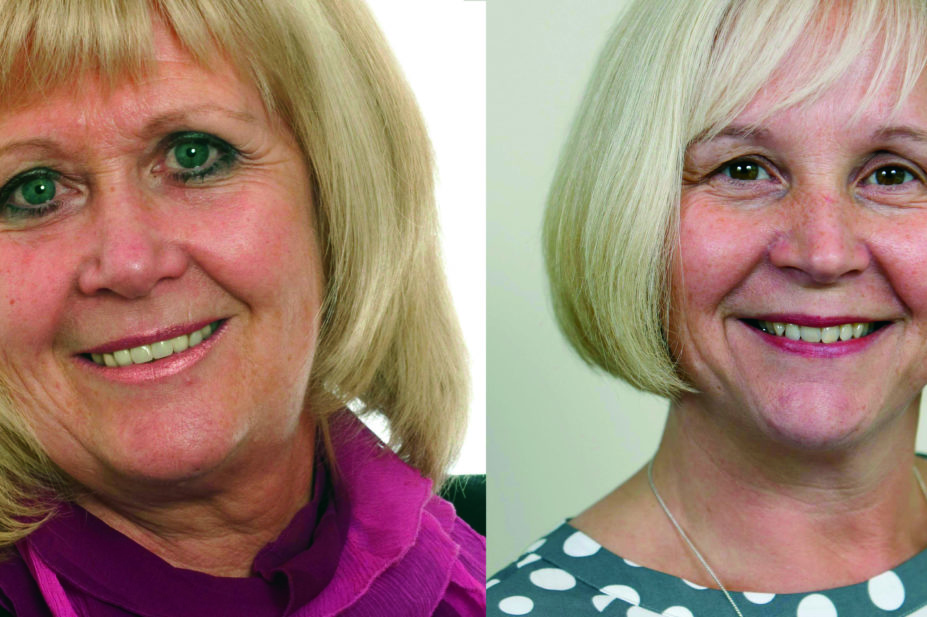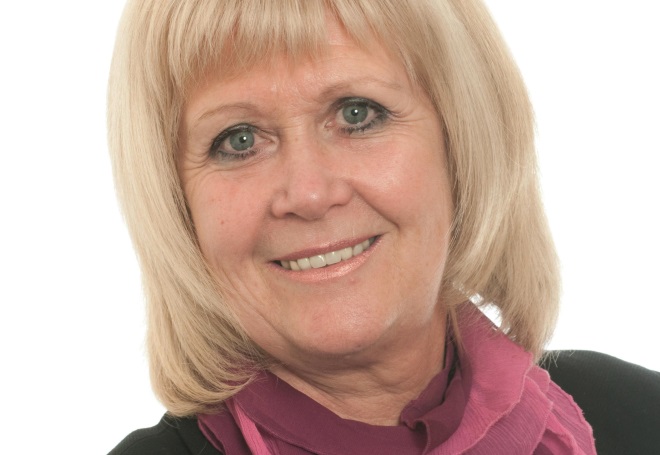
Royal Pharmaceutical Society
A collaboration between a Powys-based GP practice and community pharmacy led to a 21% decrease in GP consultations for common ailments over a six-month period, according to evidence given by RPS Wales to the Welsh Assembly’s Health, Social Care and Sport Committee.
The case study was presented during a session at the Welsh Senedd on 11 May 2017, at which RPS representatives Mair Davies, director for Wales, and Suzanne Scott-Thomas, chair of the Welsh Pharmacy Board, also flagged the need for “equity of access” to funding for all the professions within a primary care cluster.
The Committee convened to learn more about how effectively primary care clusters – networks of GPs working with other healthcare professionals, including pharmacists — are working in Wales. There are 64 primary care clusters in the nation, each serving between 30,000 and 50,000 patients. Questions raised in the committee’s initial call for responses included whether clusters reduce pressure on GPs, how well the emerging multidisciplinary teams work together, and current and future workforce challenges.
A written response to this call, submitted by Suzanne Scott-Thomas on behalf of RPS Wales, highlighted the contribution pharmacists make to multidisciplinary teams, including “common ailments [management], medicines advice and long-term conditions support” and “signposting and referring directly to other health and social care professionals”. These activities, the RPS argues, allow GPs to focus their time on more complex conditions.
RPS Wales’ response also welcomed the increasing recognition of pharmacists’ clinical skills, and said that incorporating pharmacists into primary and secondary care multidisciplinary teams brings a “requirement for increased multiprofessional team-working and opportunities for multidisciplinary education and training”. In a final comment, RPS Wales said it is “vital” that primary care clusters offer services in Welsh as well as English.
As a consequence of the written submission, Davies and Scott-Thomas were invited to the Senedd to discuss their evidence with the policy makers. Among several points made, they emphasised the need for more pharmacist independent prescribers — pointing out that there are not enough places available on independent prescriber training courses.

Source: Royal Pharmaceutical Society
Mair Davies, RPS director for Wales, and Suzanne Scott-Thomas, chair of the Welsh Pharmacy Board, made it clear to the committee that the pharmacist working within primary care cluster roles ”must continue to develop with a sustainable funding model”. Speaking to The Pharmaceutical Journal, Davies said the RPS “will continue to push the Welsh Government and decision makers” to make this happen.
In comments to The Pharmaceutical Journal after the session, Davies said that it was “vital” that members of the Welsh Assembly are made aware of the “good work being undertaken by pharmacists working within primary care clusters”. The RPS Wales evidence session “gave us the opportunity to highlight the improvements in medicines use that have occurred since the introduction of the new cluster pharmacist roles,” Davies added.
“We made it clear to the committee that these roles must continue to develop with a sustainable funding model and we will continue to push the Welsh Government and decision makers at local health board and cluster levels to make this happen.”
The session was an opportunity for RPS Wales to flag “the need for multidisciplinary training for all professionals working within clusters and for a senior pharmacist to be included at a strategic leadership level,” Davies continued. The “lack of integration of community pharmacy into cluster activity” was another point made by RPS Wales to the session, she added.
Elaborating on this, Davies said: “There is no doubt that clusters must do more to engage with the ‘sleeping giant’ of community pharmacy so that patients can fully benefit from the clinical skills and expertise of our community pharmacists. The national roll-out of the Choose Pharmacy IT system that allows community pharmacists access to the patient records can be an enabler for this.”
Another running theme of the session, Davies told The
Pharmaceutical
Journal, was the need for changes to the patient pathway. “It is important that patients understand the changing face of the NHS and that increasingly pharmacists may be their regular contact for medicines-related issues and the first port of call for common ailments. We recommended to the committee that a public behaviour change programme should be led by the Welsh Government and NHS Wales to facilitate such a change.”
Finally, Davies said that RPS Wales was “looking forward to the committee’s report and hope that it can be a driver for change to make sure that structures are in place to support and enable our profession to provide the high quality and joined-up patient care at primary care cluster level.”
The full written response of RPS Wales to the inquiry can be read here. Video of the session can be viewed at Senedd.tv — RPS Wales’ contribution begins at 1:31:17.

